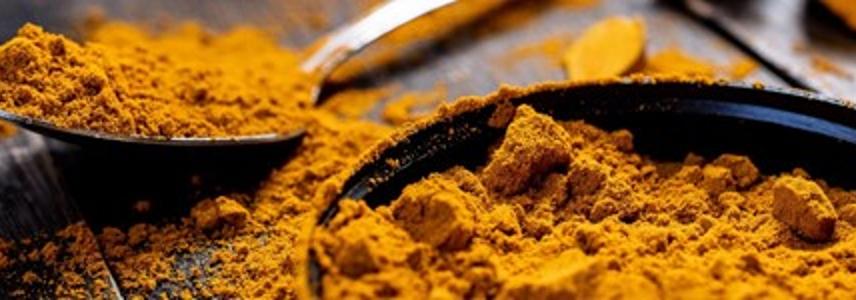The business case for African turmeric

Demand for turmeric is increasing fast. There is great potential in the European market for African turmeric suppliers. But these turmeric exporters have to compete with well-established companies from India. Indian companies benefit already from the growing interest; more than 80% of the world's turmeric grows there. One Indian exporter says its turmeric sales increased by 500% in the past few years. How can African turmeric suppliers benefit from the growth in demand?
Turmeric was already a popular natural health product before the pandemic. But during the pandemic, the turmeric market grew as consumers became interested in immune support. Turmeric helps support the immune system, digestive health and healthy joints. The health benefits of turmeric come from its main component, curcumin. Grand View Research predicts that the global curcumin market will grow 16.1% annually between 2021 and 2028.
African turmeric
Turmeric and ginger are both common in Africa and have similar growing conditions. But ginger is more commercialised and produced in higher quantities than turmeric. Currently, Ethiopia and Eritrea are the only countries that use turmeric as a spice daily, besides India. But more and more countries are now using turmeric in health products. And the awareness of its health benefits is also growing.
The soil and climate conditions in Nigeria are favourable for turmeric. Research shows that Nigeria could play a leading role in turmeric production. A study on different soil types in Cameroon had similar conclusions. Still, there are contamination issues and adulteration with turmeric supplies from India.
Exporting to Europe
At the moment, African exporters have a limited share in the European market. In 2021, more than half of Ethiopia's turmeric exports ended up in India. One European buyer stated that it would be challenging to compete with Indian companies and suggested that African suppliers focus on higher-value medicinal plants.
Indian suppliers continue to dominate the global market. But trade data states that African suppliers are also finding their way into the market. ITC Trademap data shows that African turmeric exports had an average growth rate of 18% per year between 2017 and 2021. The leading exporters are Ethiopia and Djibouti, followed by Madagascar, South Africa, and Nigeria.
Challenges for turmeric suppliers
India sets the international standard for productivity and quality of production. Professional turmeric companies in India have good quality control and food safety. That is why they can offer their products at a low price. Research shows that both productivity and quality of production are lower in Ethiopia. The general manager of an Ethiopian turmeric producer and exporter remarks that the lack of quality control and limited market access make competing in the international market difficult, especially in the health products market. Nigerian turmeric production has similar challenges.
Successful African turmeric companies
Jacarandas from Madagascar is an example of a successful African company. The company produces organic turmeric with a very high concentration of curcumin, up to 7.5%. High concentrations of curcumin are something the natural health product industry looks for. European laboratories also checked the company’s quality control. Jacarandas’ vertically integrated supply chain ensures quality and traceability. Another example of a successful exporter is Organic Africa (Zimbabwe). It offers organic medicinal plants such as turmeric. Shochoch is a successful Ethiopian exporter of organic turmeric. The company targets the European spice market.
Learn more
Would you like to learn more about exporting turmeric to Europe? Read these CBI studies:
- European market potential for turmeric;
- Entering the European market for turmeric. This study includes information on the leading turmeric-producing countries and their reputation.
Read several studies on turmeric production in countries around the world:
- Research on the promotion of turmeric for the food and pharmaceutical industry in Nigeria.
- A study on the effect of soil types on growing turmeric in Cameroon.
- How pre-and post-harvest practices influence the yield and quality of turmeric in Ethiopia.
ProFound – Advisers In Development wrote this article for CBI.
Stay informed
To stay informed on the latest developments in the natural ingredients for health products sector, subscribe to our newsletter.